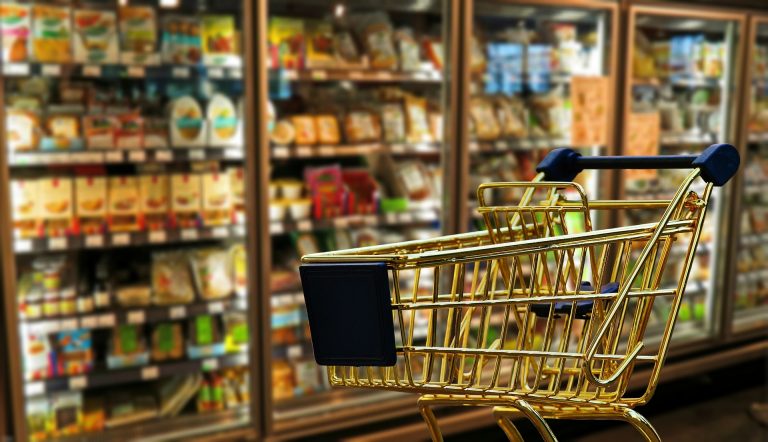Americans are facing sticker shock when it comes to the prices of necessities like food, rent, gas, cars, and clothing. This has left consumers wondering how to prevent the rising prices from adversely impacting their savings and spending habits.
The first thing to keep in mind is that not all types of goods and services have been impacted equally by inflation. As such, it is important to know what categories have been affected the most so that you can cut back spending on those items.
There has been an overall price increase of groceries of 6.1 percent. The rise in prices is mostly seen in animal-derived products. The price of beef has increased by 20.9 percent over the past 12 months compared with 9.2 percent for chicken and 4.6 percent for turkey.
In order to lower grocery bills, you can stick to discount stores like Costco and Trader Joe’s and take advantage of the promotions to stock up your freezer and pantry. Credit cards that offer cash-back or reward points for grocery purchases can also help save money.
The cost of a home or rent is another notable expense. As many people looked for homes in the suburbs or moved back into cities, the demand for houses soared. With a limited supply of homes available for sale, there has been a nearly 20 percent increase in prices since September 2020, year-over-year.
Success
You are now signed up for our newsletter
Success
Check your email to complete sign up
Unlike renting, homeowners do not face the issue of a landlord imposing higher prices on them. According to an Apartment List report, since January 2021, the national average cost of rent has climbed above 17 percent. Therefore, it might be a good time to buy.
By obtaining a fixed-interest mortgage loan, you only need to make fixed monthly payments irrespective of the change in interest rates. “So if you were looking to buy a house, it would be great to be able to lock in a 30 year fixed rate mortgage at these low interest rates because rates are going to go up,” Barbara Ginty, a certified financial planner (CFP), told CNBC.
Those who are planning to buy a new or used car should consider putting off the idea for now. The prices of new and used cars have risen 11.1 percent and 31.4 percent over the past year, respectively. As demand for automobiles bounced back this year. Manufacturers couldn’t keep abreast due to supply chain issues like chip shortages. With prices of new cars shooting up, buyers turned to used cars, which also increased.
Those who really need a car should undertake a thorough investigation and exercise caution. To know what price one should be paying for a car of a certain year, model, or make, sites like Car Gurus, Edmunds, and Kelley Blue Book can help. For used cars, buying from a franchised car dealer that sells certified pre-owned vehicles would be the safest.
Another alternative would be to rent or lease a car until the prices fall again. Financial planner Chris Diodato to Fortune said if you already have a car lease that will run out in a few months, consider buying out the lease rather than investing in a new lease or car. Buyout prices of leased cars are mostly below their resale value.
This is also the right time to consider your overall spending. You can lower expenditures by getting rid of unused subscriptions. During the holidays, people tend to indulge in impulsive buying. So, keep track of how and where you’re spending your money and avoid such purchases.














